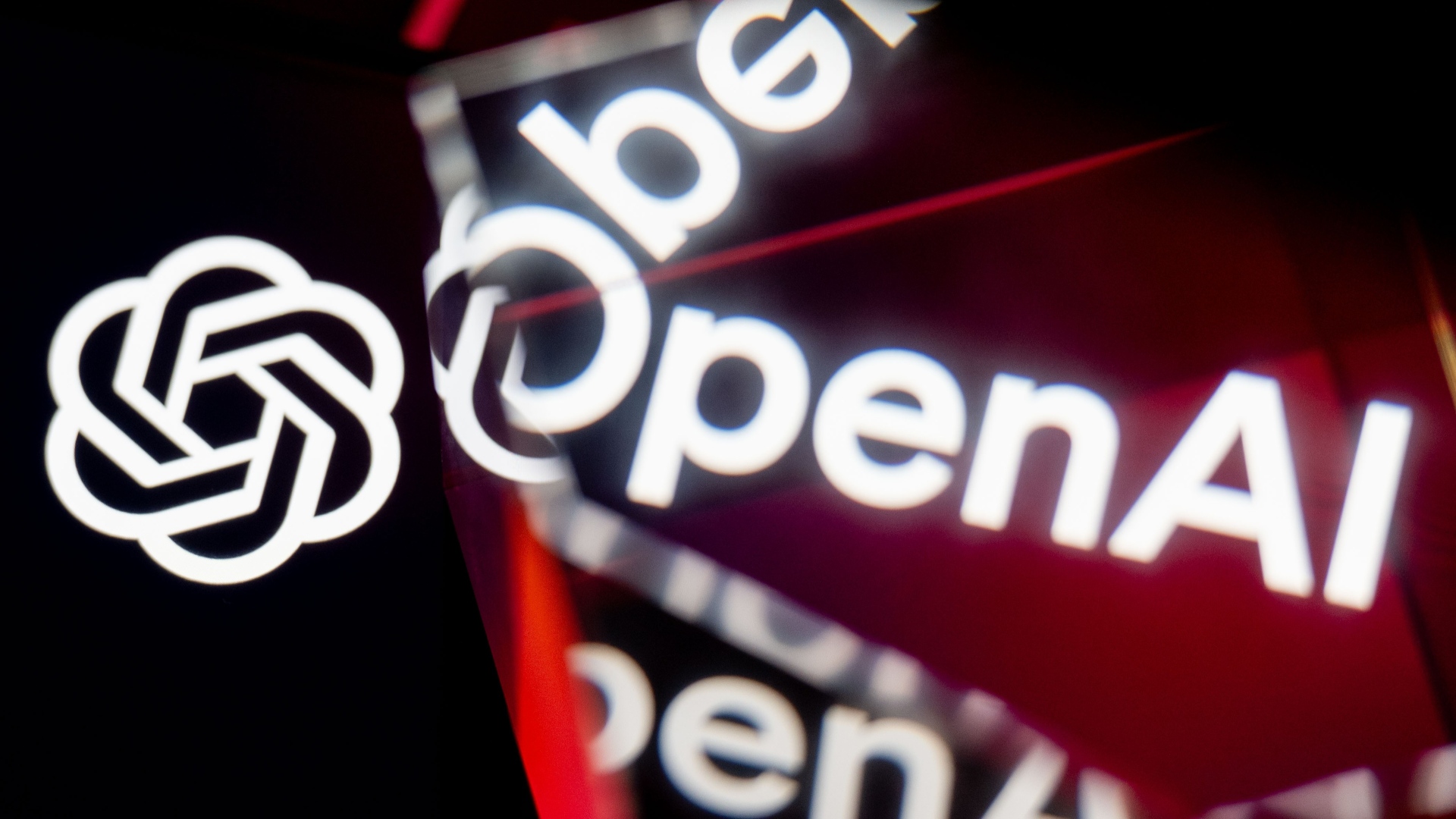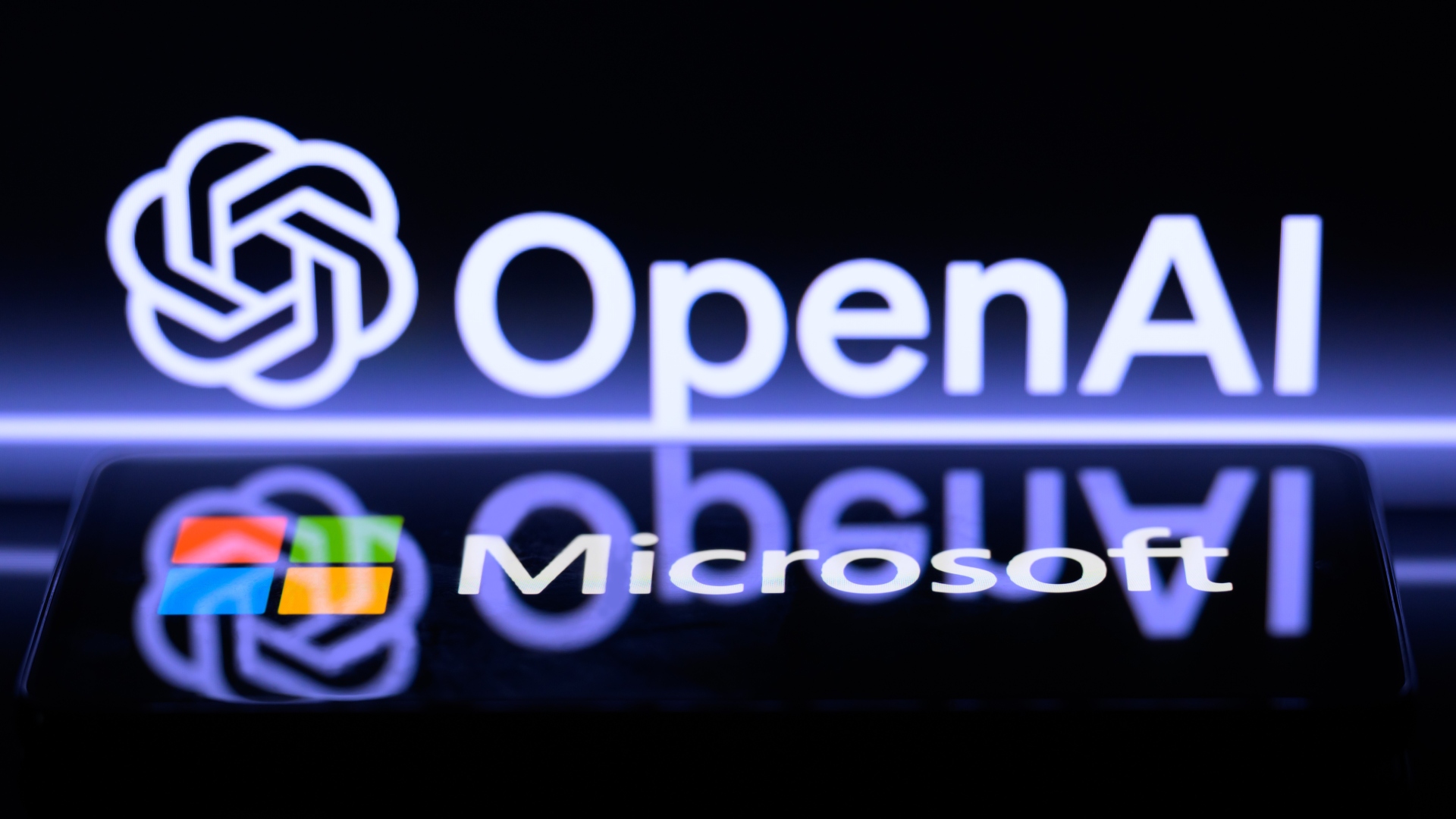Burn rate to the moon — OpenAI bets big on AI chips and cloud muscle
The ChatGPT maker plans to spend $115B by 2029, banking on custom chips, mega‑data centers, and cloud deals to offset soaring costs.

As generative AI continues to advance and reach new heights, it is becoming increasingly clear that entering the field is costly, just as we've seen with OpenAI. A new report by The Information claims that the ChatGPT maker is projected to burn through $115 billion by 2029 as it ramps up its AI efforts.
Perhaps more concerning, the report claims that the $115 billion projection is $80 billion higher than what the company previously expected. For context, the AI firm has already spent $8 billion this year, approximately $1.5 billion higher than the projection the company had highlighted earlier this year.
But as it seems, OpenAI reportedly has plans and elaborate measures in place to mitigate the issues abound, including potentially developing its own data center server chips and facilities to power its next-gen technology.
The maker of ChatGPT is set to release its first AI-powered chip next year through a partnership with US semiconductor giant Broadcom. However, a separate report by The Financial Times reveals that OpenAI plans to use the chips internally and will not make the product available to customers.
Earlier this year, Microsoft reportedly wiggled out of two mega data center deals because it no longer wants to provide additional training support for ChatGPT. However, OpenAI CEO Sam Altman seemingly watered down the claims by indicating that the company is no longer compute-constrained.
In July, OpenAI and Oracle entered into an agreement to develop 4.5 gigawatts of additional Stargate data center capacity in the United States. The ChatGPT maker is also leaning toward Google for its cloud computing services as it ramps up its AI efforts.
This news comes after OpenAI unveiled its $500 billion Stargate project designed to facilitate the construction of data centers across the United States to power its sophisticated advances. Consequently, Microsoft lost its exclusive cloud provider status for OpenAI, though it still holds the right of refusal.
All the latest news, reviews, and guides for Windows and Xbox diehards.
Salesforce CEO Marc Benioff predicted that Microsoft won't depend on OpenAI's technology in the future. The tech giant is already moving away from its overreliance on OpenAI.
Microsoft's AI CEO, Mustafa Suleyman, revealed that the tech giant is developing its own frontier AI models, which might be 3 to 6 months behind OpenAI. The executive indicated that the tech giant's strategy was to play a tight second at an affordable cost. Microsoft is also testing third-party AI models in Copilot, potentially emancipating itself from an overreliance on OpenAI.
OpenAI has a big money problem
As you may know, OpenAI raised $40 billion through its latest round of funding led by SoftBank, which pushed its market capitalization to $300 billion. But this places the AI firm in a tough spot, especially due to immense pressure from investors to evolve into a for-profit entity by the end of this year.
Failure to meet this threshold, the company could risk losing investor funding, outsider interference, and hostile takeovers. Experts and market analysts claim investor interest in AI is quickly fading, which could be an indication that they'll soon channel their funds elsewhere, prompting them to indicate that Microsoft could acquire OpenAI within the next 3 years.
However, Microsoft is seemingly holding back its blessings, preventing OpenAI from evolving into a for-profit entity. This has raised tension between Microsoft's multibillion-dollar partnership with OpenAI, potentially causing the once-best techbromance to fray.
A separate report revealed that OpenAI could move to court, citing anticompetitive business practices on Microsoft's end. However, Microsoft indicated that it's ready to walk away from negotiations with OpenAI entirely and ride out the rest of its partnership through 2030.
However, OpenAI could sever its ties to Microsoft earlier if it hits the coveted AGI benchmark before 2030. Another report suggested that OpenAI could prematurely declare AGI by shipping an AI coding agent that supersedes the capabilities of an advanced human programmer.
This isn't the first time OpenAI has found itself in such a situation. Last year, multiple reports emerged that the company is on the verge of bankruptcy, with projections of making a $5 billion loss within 12 months. For context, the company spends $7 billion on training its AI models and $1.5 billion on staffing, which is way above the $3.5 billion it generates in revenue.

Kevin Okemwa is a seasoned tech journalist based in Nairobi, Kenya with lots of experience covering the latest trends and developments in the industry at Windows Central. With a passion for innovation and a keen eye for detail, he has written for leading publications such as OnMSFT, MakeUseOf, and Windows Report, providing insightful analysis and breaking news on everything revolving around the Microsoft ecosystem. While AFK and not busy following the ever-emerging trends in tech, you can find him exploring the world or listening to music.
You must confirm your public display name before commenting
Please logout and then login again, you will then be prompted to enter your display name.

